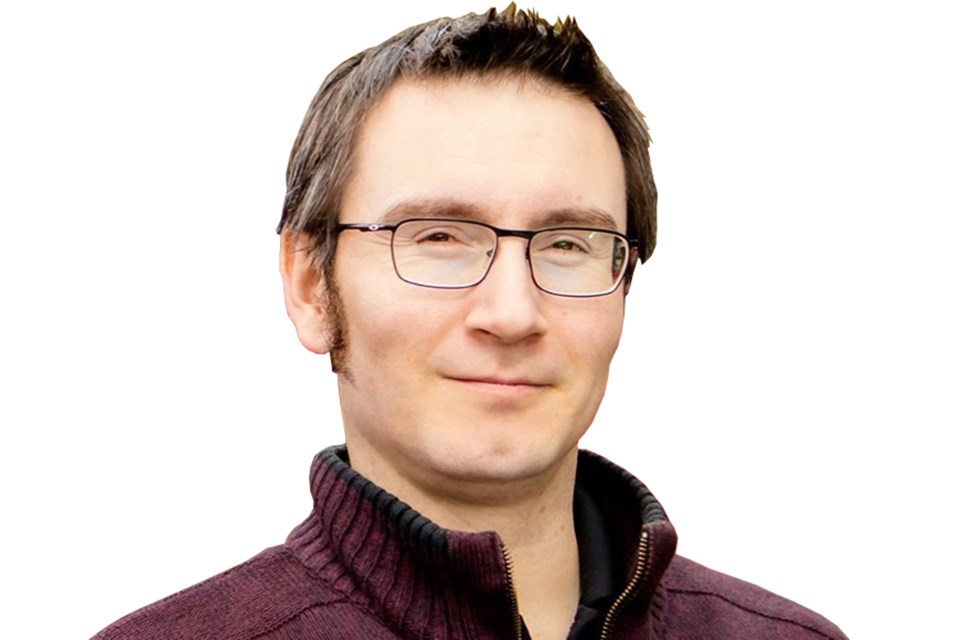I sometimes cannot help but worry about the amount of trust so many of us seem to unquestioningly place in big tech firms.
Our data — essentially every click we make online is tracked — has become a commodity worth more than oil.
Except we get no royalties while multi-nationals pay little to no tax on the resource worth billions.
We usually do not even get so much as the courtesy of knowing how our personal information is used, or perhaps more to the point, misused.
Companies like now-defunct Cambridge Analytica (CA) have on the back of astronomical amounts of data developed the ability to extrapolate detailed profiles on just about everyone who’s connected to the digital age.
Although generally used for more or less benign purposes such as personalized advertising, such specific statistics about people’s preferences can also help develop strategies to tip the tide in tight elections. After all, is an election campaign really that much different from a marketing or advertising campaign trying to sell an image?
There’s actually every reason to believe that the ever-growing wealth of people’s personal information is being used against us to sow the seeds of doubt and division as well as erode our confidence in democratic institutions.
A disconcerting Netflix documentary called The Great Hack sheds light on the unscrupulous strategies employed by companies that help politicians get elected. The 2019 film in part follows one man’s crusade to convince governments to adapt to the digital age and include people’s personal data as part of our basic human rights to be protected from corporate exploitation.
After identifying people who are deemed “persuadable,” research firms like CA then bombard such individuals with targeted messaging designed to elicit emotional responses and sway them in a specific direction. Efforts are mainly focused on swing districts whose outcomes largely depend on fence-sitters. Meanwhile, those whose minds are already firmly made up — generally known as “decided” voters — are basically excluded from the process as a wasted effort, as are stronghold ridings.
And make no mistake. If these companies offered no results, well-funded politicians and political campaigns would not be eagerly forking over fortunes most of us won’t earn in a lifetime for the service.
Let’s also not forget what the co-founder of Facebook had originally created — an online hot-or-not forum where male Ivy League university students could objectify and rate their own classmates.
Multiple major media outlets even reported almost 10 years ago on a leaked instant message exchange between a then 19-year-old Zuckerberg and a classmate shortly after the launch of what was then called The Facebook. Bragging to a buddy about having access to thousands of emails, photos and addresses, the friend wondered how he’d managed to pull off such a feat.
“People just submitted it. I don’t know why. They ‘trust me,'" replied Zuckerberg, before dropping an f-bomb to describe them as “dumb.”
From that rather uninspiring origin story evolved the social media giant whose far-reaching tentacles have spread to just about every part of the globe to gobble up as much data to monetize as possible. So far, to astronomical success; despite data privacy scandals along the way, Facebook maintains considerable market share and seems to just keep growing.
Perhaps Zuckerberg was just young when he sent those messages to his friend, and has since matured. But to unquestioningly and without scrutiny assume he harbours purely altruistic intentions and ideological utopian dreams of a connected world holding hands singing Kumbaya could well be ill advised.
Because if we’re being honest with ourselves, his multi-billion-dollar company, and others, seems more driven primarily by a thirst for profit first, and maybe, although this remains to be seen, a benevolent service to humanity second.
Fortunately, there are people like David Carroll, whose story is featured in The Great Hack, advocating for improved data protections. He is right to fight for people’s personal data to be protected as a human right that cannot without explicit consent be exploited for profit and power.
Unfortunately, he seems to face an uphill battle, as the trend of people unflinchingly clicking their rights away without even a fleeting glance at the terms of use is not abating.
When we use social media platforms, we should be cognizant of the distinct possibility the by-design highly addictive applications are actually using us.
Recognizing that expecting everyone to unplug isn’t reasonable or even remotely realistic, Carroll just encourages people to always read the terms before installing an app or doing a viral quiz. Simply put, click with caution when navigating online.
So the next time you stumble upon in your feed a prompt urging you to find out what famous person most matches your personality, consider asking yourself whether freely giving up your data for companies to profit from is worth it.
Simon Ducatel is the editor of the Sundre Round Up.

